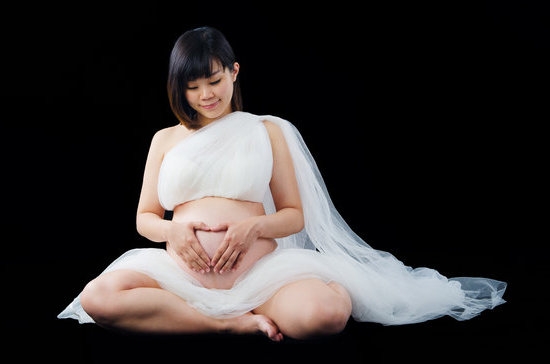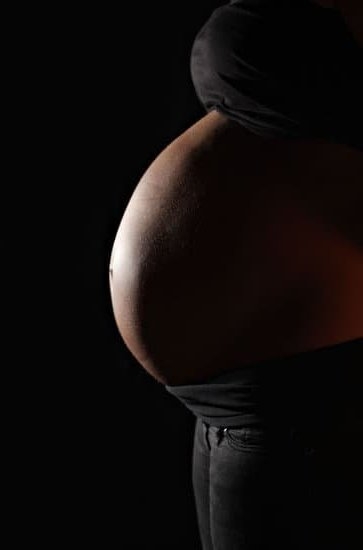Symptoms Of Anemia During Pregnancy
Iron-deficiency anemia is the most common type of anemia. It is caused by a lack of iron in the body. Iron is important because it helps make hemoglobin, the protein in red blood cells that carries oxygen from the lungs to the rest of the body. Anemia during pregnancy is a common problem. It can cause problems for both the mother and the baby.
The most common symptoms of anemia during pregnancy are fatigue and weakness. You may feel like you can’t do anything because you’re so tired. You may also have a hard time breathing. Anemia can also cause problems with your heart. You may have a faster heart rate or feel like your heart is racing. You may also have problems with your blood pressure.
Anemia can also cause problems for your baby. Low levels of hemoglobin can cause the baby to be born early or have a low birth weight. Anemia can also cause the baby to have problems with his or her brain and development.
If you think you have anemia, talk to your doctor. He or she can do a blood test to see if you are anemic. If you are, your doctor may prescribe iron supplements.
No Symptoms Pregnancy
There is a lot of confusion surrounding the topic of no symptoms pregnancies. Some people believe that if you don’t experience any symptoms, you’re not really pregnant. This is not true! Many women have no symptoms whatsoever during early pregnancy.
So what are the symptoms of early pregnancy? Common symptoms include nausea, vomiting, fatigue, bloating, and breast tenderness. However, not everyone experiences these symptoms and some people experience different symptoms.
If you’re not sure whether you’re pregnant or not, you can take a home pregnancy test. If the test is positive, make an appointment with your doctor to confirm the pregnancy and discuss your options.
If you are pregnant and don’t experience any symptoms, don’t worry! You’re not alone. Just take good care of yourself and make sure to see your doctor for regular check-ups.
Symptoms Of Gestational Diabetes During Pregnancy
Gestational diabetes mellitus (GDM) is a condition that is first recognized during pregnancy and is characterized by high blood sugar (hyperglycemia). Gestational diabetes is a relatively common complication of pregnancy, affecting up to 18 percent of pregnant women.
Most women who have gestational diabetes deliver healthy babies, but untreated or uncontrolled gestational diabetes can cause problems for both mother and baby. These problems include excessive birth weight, early labor and delivery, and problems with the baby’s blood sugar levels after birth.
What are the symptoms of gestational diabetes?
The symptoms of gestational diabetes are typically mild and can include:
Frequent urination
Excessive thirst
Fatigue
Nausea and vomiting
Weight loss
Blurred vision
If you have any of these symptoms, contact your health care provider. Gestational diabetes can be diagnosed with a blood test.
What causes gestational diabetes?
The cause of gestational diabetes is not fully understood, but it is thought that hormonal changes during pregnancy play a role. Insulin resistance, a condition in which the body does not use insulin properly, is also thought to contribute to gestational diabetes.
What can I do to prevent gestational diabetes?
There is no sure way to prevent gestational diabetes, but you can reduce your risk by maintaining a healthy weight and by following a healthy diet and exercise plan.
How is gestational diabetes treated?
Gestational diabetes is typically treated with diet and exercise. If diet and exercise are not enough to control your blood sugar, you may need to take insulin injections.
What is the outlook for women with gestational diabetes?
Most women who have gestational diabetes deliver healthy babies. However, untreated or uncontrolled gestational diabetes can cause problems for both mother and baby. It is important to follow your health care provider’s recommendations for treatment of gestational diabetes.
Symptoms Of 1 Month Pregnancy
A woman who is one month pregnant may not have any noticeable symptoms. However, some early signs and symptoms of pregnancy may include:
• Missed period
• Nausea
• Fatigue
• Frequent urination
• Breast tenderness
• Dizziness
• Headache
If you are experiencing any of these symptoms, it is important to consult with your health care provider to confirm your pregnancy.
Difference Between Single And Twin Pregnancy Symptoms
There are a few key differences between the symptoms of a single and twin pregnancy. With a twin pregnancy, you may experience more extreme morning sickness, since you are carrying two babies. You may also start to show earlier, as your bump will be larger. You are also more likely to experience urinary incontinence, as the babies’ weights can put pressure on your bladder. Swelling in your hands and feet is also more common in a twin pregnancy.

Welcome to my fertility blog. This is a space where I will be sharing my experiences as I navigate through the world of fertility treatments, as well as provide information and resources about fertility and pregnancy.





